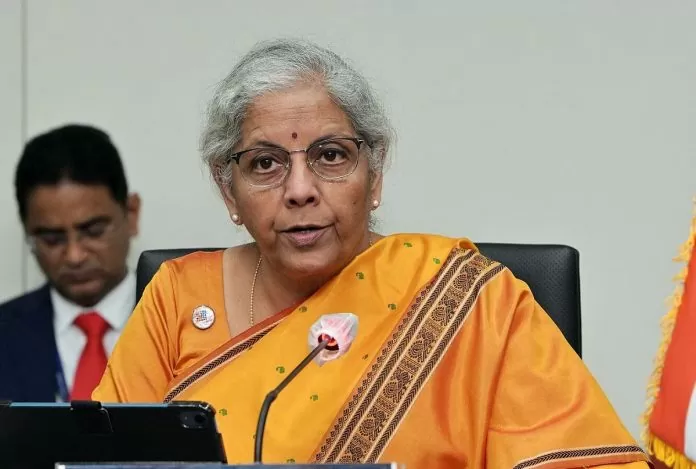How To Save Tax- To save tax, it is better to give an interest free loan to the wife instead of a gift. The income generated from the investment of the loan amount will not be added to the income of the person giving the loan.
Income Tax Save: Every person tries to save tax. The Indian Income Tax Act also describes the methods by which you can save tax. But, before using the tax saving options, it is better to know about them well, because there are many ifs and buts attached to them. Tax exemption is available on gifts given to your loved ones. This is the reason why many people give gifts to their wives. But, one catch in this is that the income from the investment of the money received as your gift will be added to your income. So what is the way to save tax in such a situation?
There is a great option to save tax. That is to give a loan without interest. So if you also want to give money to your wife to invest somewhere, like to invest somewhere in the name of son or daughter, then you give it to her in the form of a loan without interest. By doing this, the rule of clubbing mentioned in section 64 of the Income Tax Act will not apply to you. Your wife can show the income earned from the investment of the money given by you as a loan to her in her income tax return. In this way, it will not be added to your income.
Clubbing rule will apply on gifts
According to the Indian Income Tax Act, gifts are tax free. But, if you invest the money received as gift somewhere and earn income from it, then the clubbing rule applies to it, which is described in Section 64 of the Income Tax Act. When the clubbing rule applies, the income earned from the investment of the gift amount is also added to the income of the person giving the gift.
For example, Lokesh gifted Rs 6,00,000 to his wife. Mrs. Lokesh then made an FD of the same amount. This FD earned interest of Rs 5,000 per annum. Since Lokesh has transferred cash (asset) without any adequate consideration and it has been converted into some other asset by Mrs. Lokesh. Therefore, the interest of Rs 5,000 earned from the converted asset i.e. FD will be added to the income of Lokesh as per section 64(1)(iv) of the Income Tax Act.

